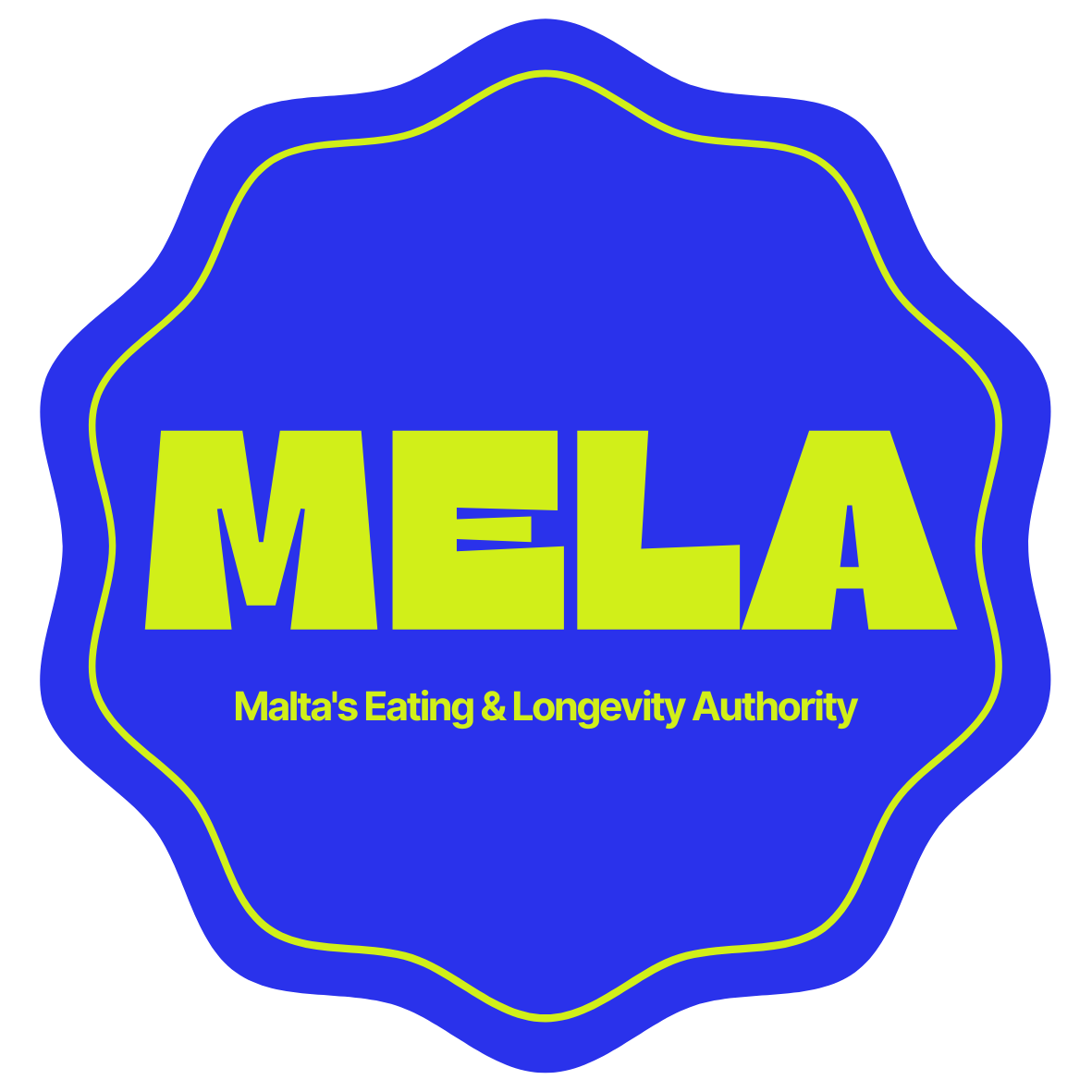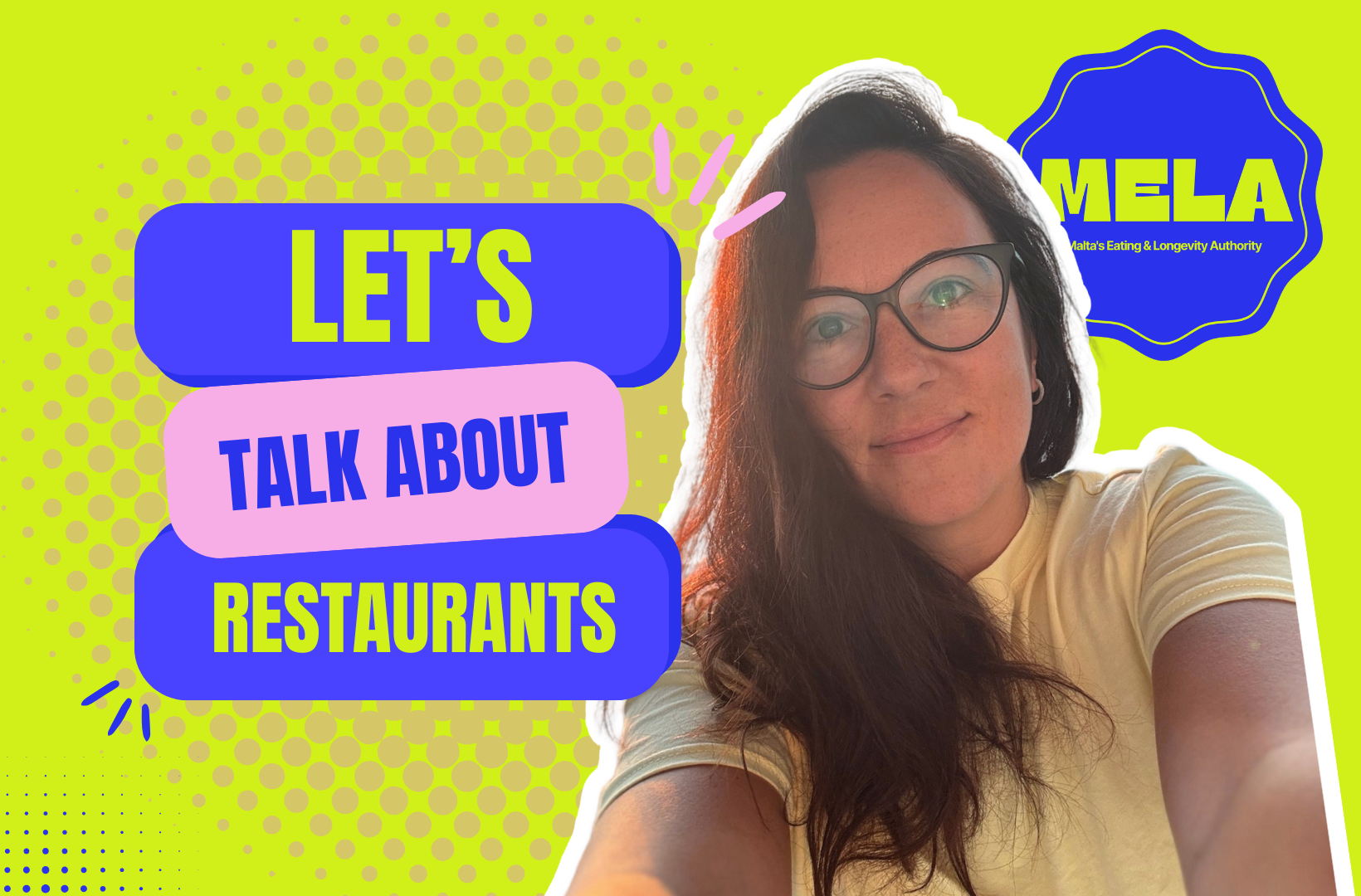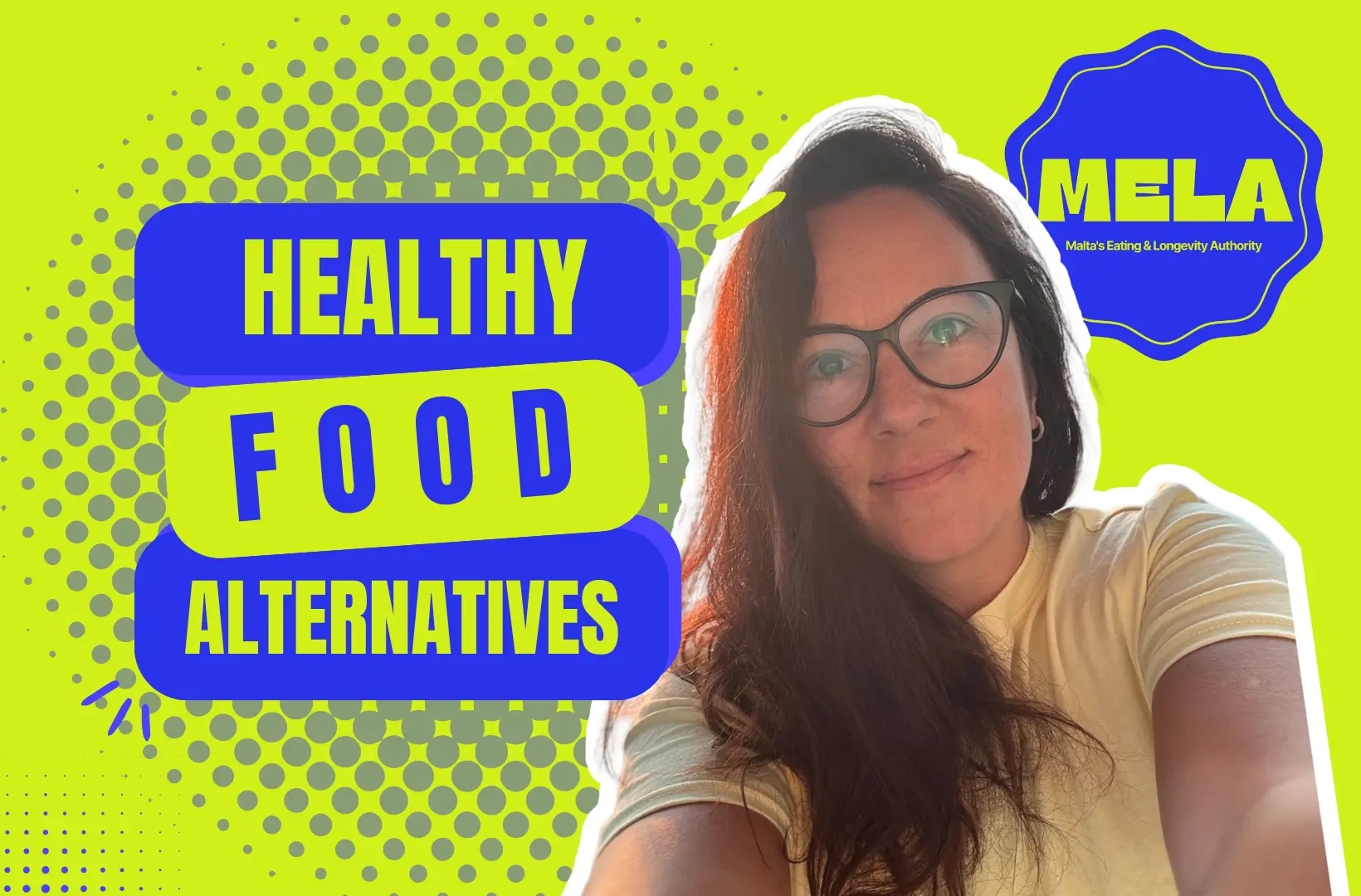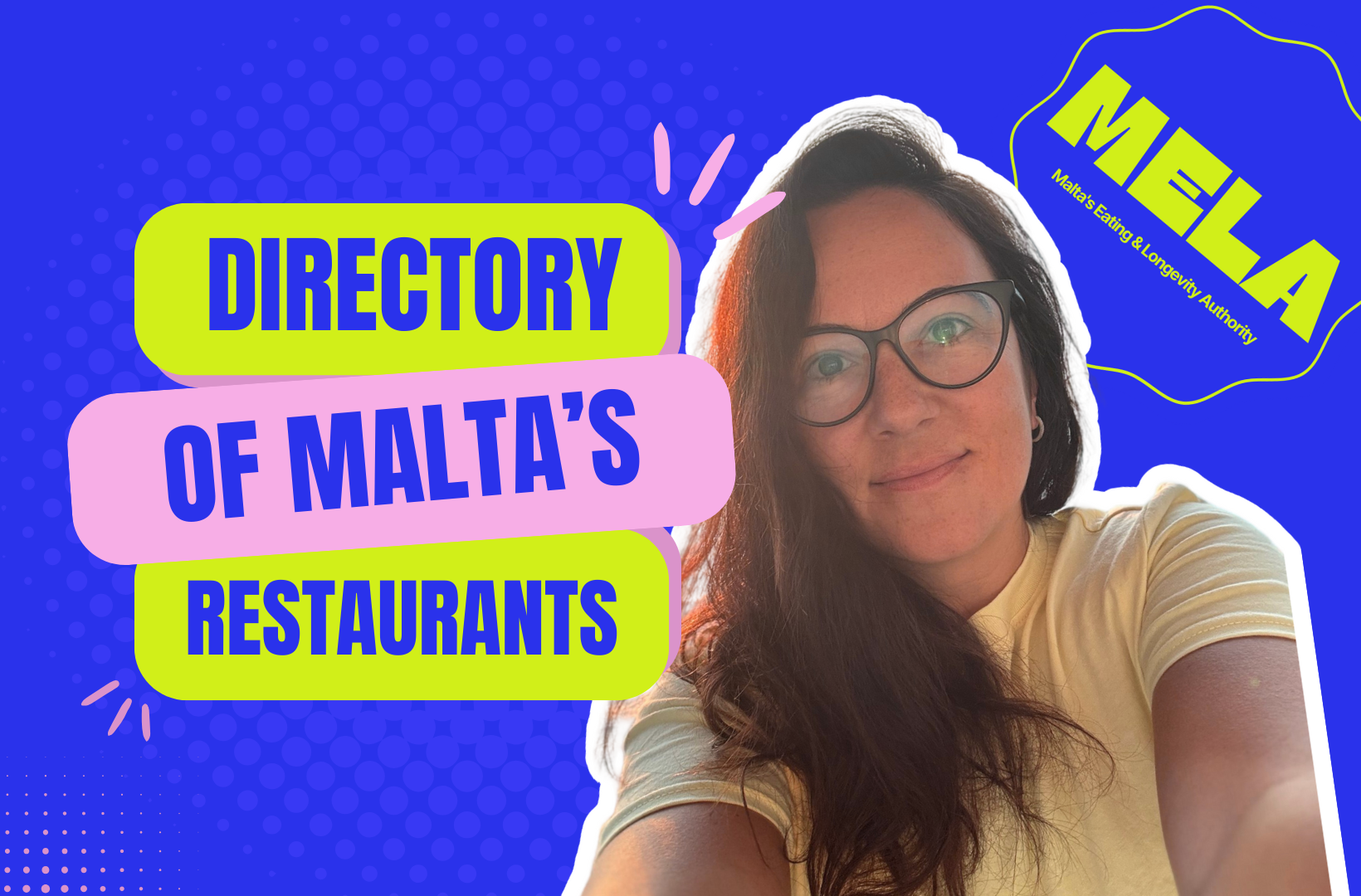Shocking Truth: “Reta,” a term that has sparked curiosity and concern among many, might not even legally exist as a controlled substance. For tourists and locals in Malta who are conscious about healthy living or legal regulations, understanding whether “Reta” is illegal is critically important. But the real question might go deeper: Does “Reta” even officially appear on legal, health, or regulatory frameworks within Malta?
This article untangles the mystery surrounding “Reta” and its undefined legal status on the Maltese islands. You’ll find a comprehensive breakdown of the information available as of September 2026 to keep you informed and safe.
What Do We Know About Reta in Malta?
Let’s begin with the basics: “Reta” does not appear in any regulated drug databases in Malta. It’s not categorized under controlled substances such as opioids, stimulants, cannabis, or even new psychoactive substances (NPS), according to Malta’s laws and its alignment with the European Monitoring Centre for Drugs and Drug Addiction (EMCDDA).
Why Is It Important to Discuss “Reta”?
Malta, as an EU member state, ensures that substance-related policies are in line with the wider European rules. However, the ambiguity around the possible slang or alternative names for substances can generate misinformation. This makes understanding terms like “Reta” crucial, especially for health-conscious individuals or those keeping track of drug misuse data.
For example:
- Malta reported no significant upticks in drug-induced deaths according to the EMCDDA’s 2026 report, although countries like Germany, Finland, and Turkey saw increases in 2023.
- Meanwhile, the island maintains top-tier vigilance via national surveys to track mental health and addiction trends.
Without consistent references to “Reta” in policy or public health reports, it remains a vague or possibly colloquial term.
Download the National Strategy for Suicide Prevention in Malta (2026-2030) for a broader look at Malta’s health policies.
Could “Reta” Be Something Else in Disguise?
It’s possible “Reta” is:
- A regional slang term for another known substance.
- Mislabeling or miscommunication in discussions around controlled drugs.
- A non-existent classification with no official recognition.
In-depth research into Malta’s International Narcotics Reports reveals no mention of “Reta” or similarly sounding substances.
This uncertainty might make it harder for locals and travelers to determine what risks, if any, may be tied to such a term. It’s particularly relevant for those practicing zero-tolerance health approaches or wanting to abide by Malta’s strictly monitored substance policies.
Fun Fact: Malta’s Unique Grip on Health Trends
Did you know that Malta, despite its small size, has Europe’s most meticulous monitoring systems for health-related trends? With local suicide prevention policies heavily intersecting with substance-misuse initiatives, the island has managed to stay ahead of trends.
One example is how they’ve worked to reduce substances related to public health risks by improving the awareness of mental health among middle-aged men, which shows the highest suicide rates (10.31 cases per 100,000). The full details can be accessed through the National Suicide Prevention Strategy.
.png)
What the Law Says: Avoid Assumptions
Insights from Malta’s Legal Framework
Malta’s drug laws are comprehensive and quite in sync with the European Union standards. Substances not explicitly mentioned in the Maltese legislation or in union-wide databases are not legally regulated as controlled substances here.
For further clarity, you can consult the OECD Health Statistics, which expand on Malta’s performance compared to other EU states, tackling its progressive drug monitoring initiatives and public health improvements.
While some countries may experience a gray area when it comes to prosecuting “new” drugs or unknown variants, Malta keeps its judicial policies clean-cut and transparent.
Insider FAQs About Substance Regulation in Malta
1. Does Malta recognize the term “Reta”?
No verifiable official recognition of “Reta” as a controlled substance currently exists within Maltese or EU databases (as of 2026).
2. Is it safe to assume “Reta” is legal?
Legally, substances need identification before confirming their legality. With no formal definition of “Reta,” it’s impossible to label it illegal, but smart travelers always tread carefully.
3. How does Malta stay ahead of substance trends?
Malta participates in the EU-wide drug monitoring system that tracks illicit substances and their consumption. The country uses proactive surveys to guide both public health and legal responses.

Red Flags for Health-Conscious Travelers
For tourists and locals who value clean eating, wellness, and longevity, being mindful of unfamiliar terms like “Reta” is part of a larger responsibility. Healthy decisions begin with understanding both legal and health-based risks. Even substances that fall into “undefined silos” pose indirect risks via unclear origins or potential misuse in unfamiliar settings.
Boost Your Wellness with Credible Insights
The MELA Index platform can also serve as a broader guide for discerning health-conscious choices beyond substances.
Explore curated restaurant listings for longevity-focused diners!
Key Takeaways: The Path to Clarity
- No Official Records: “Reta” doesn’t appear in official Maltese databases or EU-wide classifications.
- Be Proactive: Whether a tourist or local resident, legal clarity on substances safeguards health and compliance.
- Stick to Clear Practices: Start healthy habits with informed guides, like the National Suicide Prevention Plan.
While Malta offers plenty for those living intentionally, amazing food, unbeatable views, and some of Europe’s safest health policies, “Reta” remains a topic of curiosity rather than concern. Stay informed, and enjoy Malta with purpose.
Conclusion
As it stands, there is no concrete evidence to classify “Reta” as a recognized or controlled substance within Malta’s legal and health frameworks as of September 2026. With no mention of “Reta” in national or European drug monitoring databases, its status remains ambiguous, potentially pointing to a colloquial term, a misidentification, or even a non-existent classification. Malta’s robust alignment with EU drug policies ensures that the country maintains transparent and proactive measures to address substance-related issues and promote public health.
Ultimately, whether you’re a local resident or a traveler to Malta, staying informed about potential legal and health-related concerns, like undefined substances, ensures your safety and well-being in this vibrant island nation.
Looking to elevate your wellness journey while discovering Malta? Explore MELA AI, the go-to platform for health-conscious diners and restaurant owners alike. With the MELA Index, you can:
- Find restaurants offering healthy, nutrient-packed meals.
- Identify venues awarded the prestigious MELA sticker, signifying their commitment to your well-being.
- Gain exclusive insights into Malta’s dining trends and healthy lifestyle choices.
Malta is not only a safe and beautiful destination but also one where the culinary scene continues to prioritize long-term vitality and living with intention. For a curated list of health-focused dining options that reflect this commitment, visit the MELA platform today! Your journey to wellness-enhanced dining begins here.
FAQ on “Reta” and Substance Regulation in Malta
What is “Reta,” and why is it causing confusion in Malta?
“Reta” appears to be a colloquial or informal term with no official classification in Malta’s legal or health frameworks. According to Maltese laws and EU databases, including the European Monitoring Centre for Drugs and Drug Addiction (EMCDDA), “Reta” does not align with known controlled substances such as opioids, stimulants, cannabis, or new psychoactive substances. This ambiguity could stem from misinformation, slang, or entirely fabricated usage. Travelers should exercise caution when encountering terms without proper identification and consult credible resources for clarity, including Malta’s progressive health policies.
Does the Maltese government legally recognize “Reta” as a substance?
Currently, there is no verifiable record of “Reta” within Maltese databases, EU registries, or international narcotics control reports. Health authorities such as Malta’s National Substance Monitoring Unit and organizations like the EMCDDA track substance trends rigorously, but “Reta” remains unlisted among controlled or toxic compounds. Its absence from major regulatory frameworks suggests that the term might represent either slang, mistaken identification, or a non-existent category, leaving its legal status undefined and unaddressed under current laws.
How can travelers ensure health and legal safety when substance terms are unclear?
Travelers should avoid interacting with unknown substances, particularly when terms like “Reta” lack formal definitions. For legal and health clarity, consult Malta’s official resources, such as the International Narcotics Control Strategy Report or the National Suicide Prevention Strategy (2026-2030), both of which provide critical substance-related public health data. Additionally, proactive measures like keeping updated with local legislation and asking experts for guidance may help navigate Malta’s comprehensive but transparent drug policies effectively.
Could “Reta” be a colloquial name for another controlled substance in Malta?
It’s plausible that “Reta” is informal slang referring to an established controlled or recreational substance in Malta. Regional terms often complicate understanding in foreign legal frameworks. However, Malta’s rigorous public surveys and European collaboration on drug misuse trends leave little room for such ambiguity in legal discourse. Individuals encountering unfamiliar terms should verify through reliable platforms like the OECD Health Statistics Portal, which reviews Malta’s health systems comprehensively.
How does Malta monitor substance misuse while aligning with EU standards?
Malta employs an EU-compliant structure, integrated with initiatives like the European Monitoring Centre for Drugs and Drug Addiction. Regular nationwide surveys track substance misuse statistics and mental health trends to inform public health policies. For instance, addressing rising suicide rates among men aged 45–64 (recorded at 10.31 cases per 100,000) reflects Malta’s proactive stance. These efforts reinforce high vigilance levels, making Malta a regional leader in substance regulation and public health innovations.
How does the MELA AI platform connect diners with health-conscious options?
The MELA AI platform revolutionizes dining in Malta by curating restaurant listings focused on health-conscious menus. By awarding the MELA sticker, this initiative highlights restaurants committed to offering nutrient-rich meals aimed at improving customer well-being. Whether searching for plant-based options or Mediterranean-inspired dining, the MELA Restaurant Directory offers an invaluable guide for tourists and locals. Restaurants can also benefit from branding packages, while diners gain access to longevity-optimized culinary experiences.
How does Malta’s dining culture contribute to healthier living?
Malta’s Mediterranean climate and culinary traditions naturally foster longevity-focused eating habits. Locally sourced ingredients, nutrient-dense recipes, and seafood-rich diets align with principles of the Mediterranean diet, proven to reduce cardiovascular risks by 30%. Platforms like MELA AI support health-driven dining decisions, amplifying the value of restaurants that prioritize sustainability and nutrition. It’s easy for travelers to explore these acclaimed venues via the MELA Index.
Can tourists rely on the MELA AI platform to identify wellness-friendly restaurants in Malta?
Absolutely. The MELA AI platform simplifies the process of finding wellness-oriented restaurants by showcasing top-rated establishments committed to local sourcing and healthy menu offerings. As more venues earn the prestigious MELA sticker, diners can confidently choose options aligned with healthy principles. This tool empowers travelers and residents alike, ensuring increased awareness about Malta’s progressive culinary scene, all while combating common health risks like obesity and nutrient deficiencies.
How does Malta counter misinformation regarding substances like “Reta”?
Malta leverages its extensive health data systems and global partnerships, such as the OECD Health Statistics and International Narcotics Control Reports, to combat misinformation surrounding substances. With consistent national surveys and transparent government strategies like the National Suicide Prevention Plan, Malta aims to eliminate ambiguity. If travelers encounter terms like “Reta,” consulting credible resources and local health experts ensures accurate understanding whilst prioritizing safety.
What steps does Malta take to improve substance-related mental health statistics?
Through policies like the National Suicide Prevention Strategy (2026–2030), Malta actively addresses mental health challenges closely tied to substance misuse. The strategy highlights critical data, such as suicide rates among middle-aged males (10.31 cases per 100,000) while providing targeted measures to reduce risks. Collaborative projects across EU health monitoring strengthen Malta’s interventions, enabling progressive solutions that inspire both trust and clarity among its citizens and visitors.
Check out another article that you might like:
Discover the Best Fish Restaurants Near You: A Seafood Lover’s Guide to Malta’s Top Spots in 2026
About the Author
Violetta Bonenkamp, also known as MeanCEO, is an experienced startup founder with an impressive educational background including an MBA and four other higher education degrees. She has over 20 years of work experience across multiple countries, including 5 years as a solopreneur and serial entrepreneur. Throughout her startup experience she has applied for multiple startup grants at the EU level, in the Netherlands and Malta, and her startups received quite a few of those. She’s been living, studying and working in many countries around the globe and her extensive multicultural experience has influenced her immensely.
Violetta is a true multiple specialist who has built expertise in Linguistics, Education, Business Management, Blockchain, Entrepreneurship, Intellectual Property, Game Design, AI, SEO, Digital Marketing, cyber security and zero code automations. Her extensive educational journey includes a Master of Arts in Linguistics and Education, an Advanced Master in Linguistics from Belgium (2006-2007), an MBA from Blekinge Institute of Technology in Sweden (2006-2008), and an Erasmus Mundus joint program European Master of Higher Education from universities in Norway, Finland, and Portugal (2009).
She is the founder of Fe/male Switch, a startup game that encourages women to enter STEM fields, and also leads CADChain, and multiple other projects like the Directory of 1,000 Startup Cities with a proprietary MeanCEO Index that ranks cities for female entrepreneurs. Violetta created the “gamepreneurship” methodology, which forms the scientific basis of her startup game. She also builds a lot of SEO tools for startups. Her achievements include being named one of the top 100 women in Europe by EU Startups in 2022 and being nominated for Impact Person of the year at the Dutch Blockchain Week. She is an author with Sifted and a speaker at different Universities. Recently she published a book on Startup Idea Validation the right way: from zero to first customers and beyond, launched a Directory of 1,500+ websites for startups to list themselves in order to gain traction and build backlinks and is building MELA AI to help local restaurants in Malta get more visibility online.
For the past several years Violetta has been living between the Netherlands and Malta, while also regularly traveling to different destinations around the globe, usually due to her entrepreneurial activities. This has led her to start writing about different locations and amenities from the POV of an entrepreneur. Here’s her recent article about the best hotels in Italy to work from.



